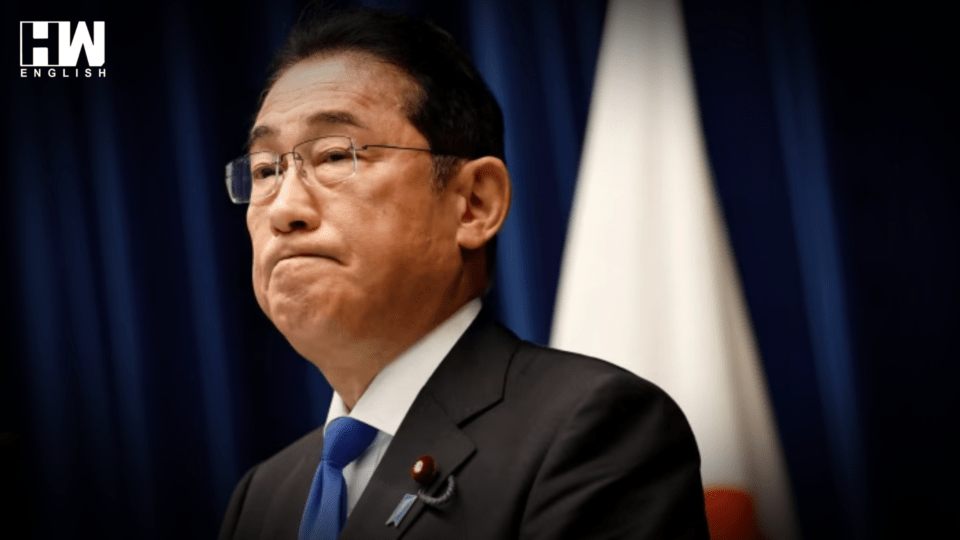Japanese Prime Minister Fumio Kishida will step down as the ruling Liberal Democratic Party (LDP) leader in September, ending a three-year term marked by rising prices and political scandals. His declining public support led to this decision, as reported by Japanese media. Kishida’s departure will trigger a leadership contest to determine the next party leader and by extension, Japan’s next Prime Minister.
Dear Readers,
As an independent media platform, we do not take advertisements from governments and corporate houses. It is you, our readers, who have supported us on our journey to do honest and unbiased journalism. Please contribute, so that we can continue to do the same in future.
As an independent media platform, we do not take advertisements from governments and corporate houses. It is you, our readers, who have supported us on our journey to do honest and unbiased journalism. Please contribute, so that we can continue to do the same in future.

